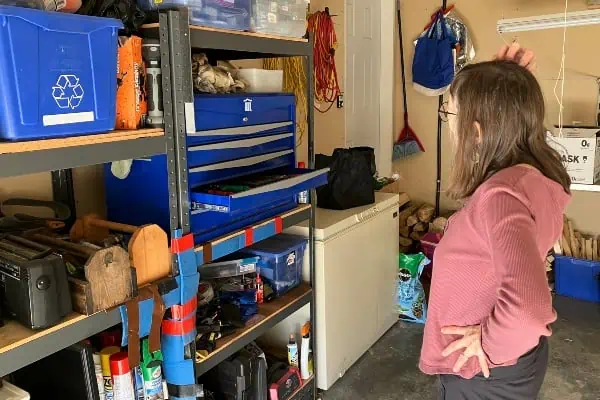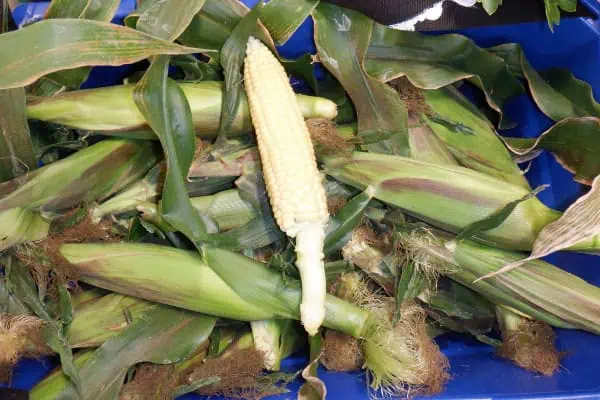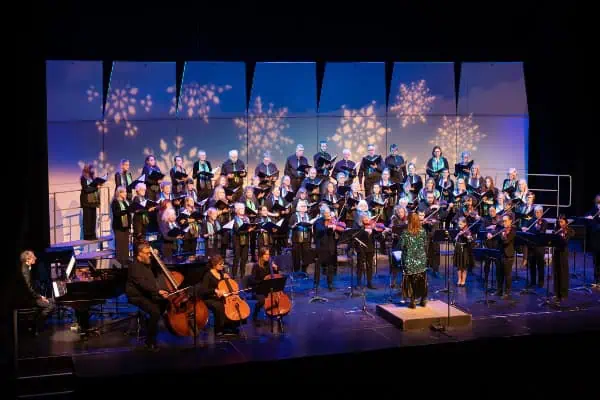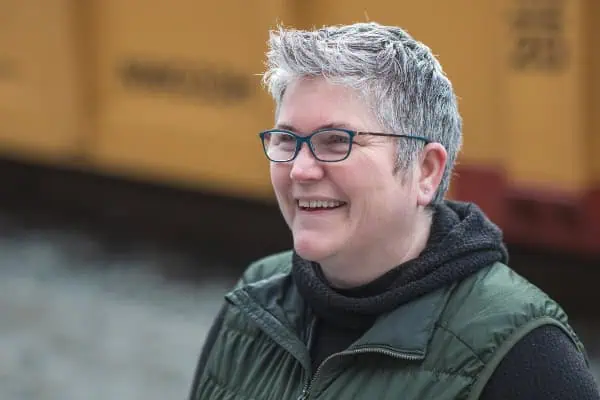An old but timeless concept that reaches down through generations
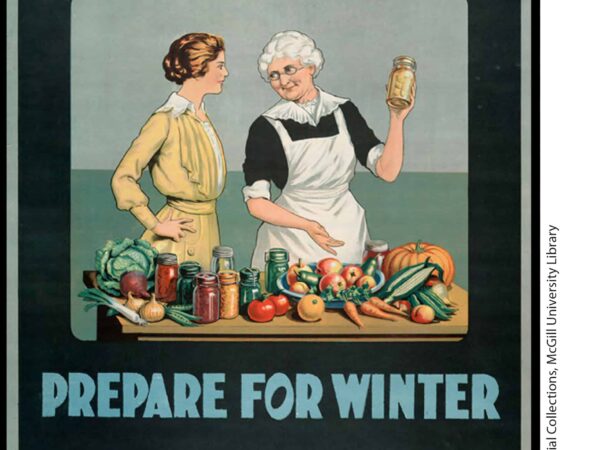
I hear lots of doom-and-gloom talk about the rising costs of food, gas, wood and electricity … in articles, radio and TV commentaries, online stories and opinions expressed in my family. I’m not the kind of person that can completely shut out the news or be immune to the tragic stories of people losing their homes or being displaced from their communities due to wildfire and floods. My heart ached for the people of Old Crow and Mayo this past summer. I checked regularly with family and friends in B.C., Alberta and Ontario, after news about wind and rainstorms, fires and road closures. Our proposed road trips south to visit them were cancelled due to these climate-change-induced events.
Some of you may feel secure and prepared for any Alaska Highway closures, with a stockpile of food in the freezer and pantry. Perhaps you have a generator, in case of power outages, a wood stove as backup, and a ready wood supply. You may be fortunate to have a roof over your head, with no mortgage or rising rent to worry about.
Although my family and I feel relatively secure, I am concerned for those in our community who are experiencing homelessness or who are without a permanent home, or who rely on the food bank for their weekly supply of food. According to the Point-in-Time Homelessness Count, at least 197 people in Whitehorse experienced homelessness on April 19, 2023. What will winter bring for them and our community?
What “old” models for family and communal living are worth considering? Now we’re seeing various generations under one roof: grandparents, parents and adult children sharing in the costs and maintenance of the household. Different acquaintances of ours happily shared property with their sons and family, who built separate living quarters for them on the same property. Both gain mutual support from each other, as well as making it more affordable. Trust and good communication are essential for this to work.
According to the latest Census of Canada report, 418,370 bedrooms remain empty in senior-owned homes across the Lower Mainland of B.C. I wonder what it is like in the Yukon? Some seniors in other provinces and countries are using home-sharing services to matchup with younger adults. The matches are carefully vetted for criminal and other background checks to ensure they are the right fit. Professional counselling services are provided if there is a need to resolve conflicts. Ideally, the older person receives some companionship and support with household tasks; and the younger person, a financial break on the rent—and friendship with an older person.
As an older person, an Elder, a knowledge keeper, a baby boomer, what can you and I do? A large percentage of community volunteers are seniors who provide their knowledge and skills and energy to various boards, committees and community organizations. Our extra energy and time may go towards the care of grandchildren or older friends and family members. Many of us have skills (learned from experience or from our own parents and grandparents) that can be passed on. I’ve rekindled my skills in darning socks, patching jeans and reusing fabric from old clothing or linens.
My mother was the ultimate recycler. As a kid growing up in the ’50s and ’60s, I felt embarrassed by sandwiches packed in reused, plastic bread bags for school lunches. Eventually, my mother caved in to the idea of using plastic wrap and Ziplock sandwich bags. When we were cleaning out her house for her move to a seniors’ residence, we discovered a stockpile of plastic bread bags and cottage-cheese and other hard-plastic containers that she collected. “Waste not, want not” was my parents’ motto, and the motto of their generation. Many of us are reapplying those lessons learned from our parents and grandparents.
We grew up on vegetables grown in our backyard garden. I helped pick and process them for pickling, canning, freezing and drying. Many of these skills I use today, although I admit I’m not as skilled as my parents in either gardening or food preservation. As a nurse in Japan, my mother used traditional medicinal teas and methods like massage and moxibustion (burning sticks of herbal mugwort placed on pressure points on the body), to treat various ailments. As a “cocky” teenager, I wondered why they just didn’t go to a Western doctor for a pill to cure their ailments!
It would benefit all of us if we shared knowledge and skills among the generations. What traditional knowledge do they or you have that can be applied to, today, in this time of rising living costs and uncertainty? What skills of hunting, fishing, preserving food, making herbal medicines and creating and fixing clothing or tools can you learn and apply today?
Check out the Repair Café workshops and community gatherings through Yukonstruct.com, Computers for Schools and Raven ReCentre (recycling), to learn how to reuse, repair and repurpose clothing and other goods. Support and learn about Extended Producer Responsibility (yukon.ca/en/learn-about-extended-producer-responsibility).
We can forge links to create and support all of us in our community—young and old. How can we apply the “Waste not, want not” motto?

